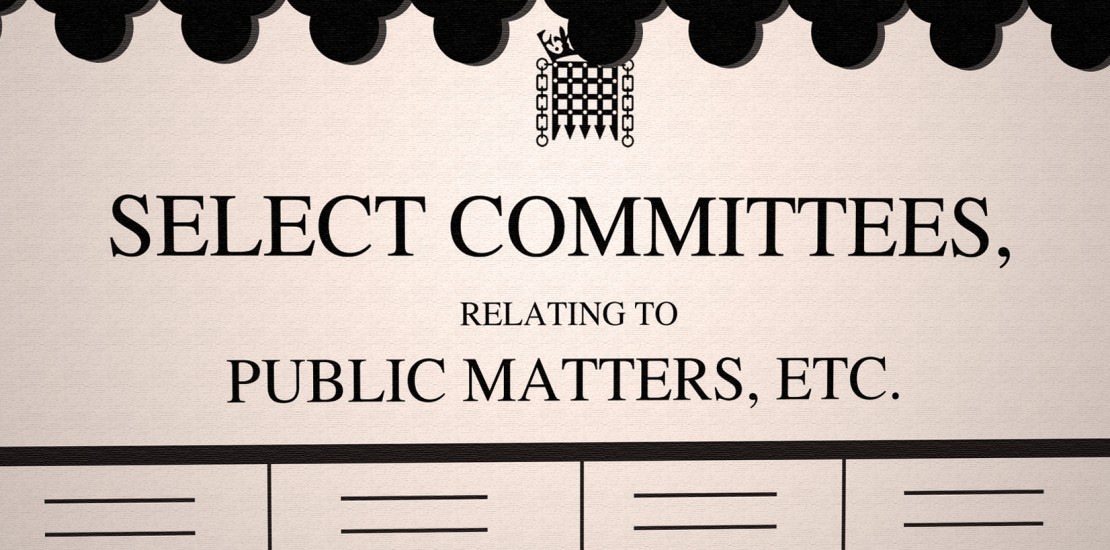- July 29, 2016
- Posted by: lutherpendragon
- Category: insight

You’ve been called to give evidence to a Select Committee. You might be daunted. You might relish the opportunity. We know. We’ve been there. In fact, our experts have vast experience sitting on, working for and giving evidence to Select Committees.
We’ve also helped organisations and individuals from FTSE 100 Chairmen to leading scientists to navigate Committee inquiries in the UK and overseas. Here are five of our top tips for anyone preparing to give evidence:
-
Make sure you’re the right witness
If you’ve been called to give evidence to a Select Committee, you’re either an expert in your field, or you’re being held to account as a decision-maker. It’s important to understand which and to make sure that you’re the right person to give evidence.
-
Be constructive
There is no need to bow and scrape in deference to the Committee. It’s likely that you’ll have a story to tell to the Committee, but try to understand what the Parliamentarians want to find out. You’ll be treated with seriousness if you appeal to the Committee’s most serious instincts.
-
Choose your objectives
As well as helping the Committee, what do you want from the session? You might want to contribute to a useful report at the end of the inquiry, you might want to avoid a three-second clip of you on News at 10. This should inform your approach.
-
Practice
Even experienced witnesses need at least a dress rehearsal. Practice will bolster your confidence, improve the quality of your answers and flush out new opportunities and threats.
-
Call the experts
Witnesses who are better prepared give more useful evidence to Select Committees. It’s in your interest to speak to the real experts and the Committee will thank you for it too. Luther Pendragon has an unrivalled track record of preparing witnesses for Select Committee appearances, from the approach to the session itself to policy advice and media handling. Get in touch to discuss how we can help.
